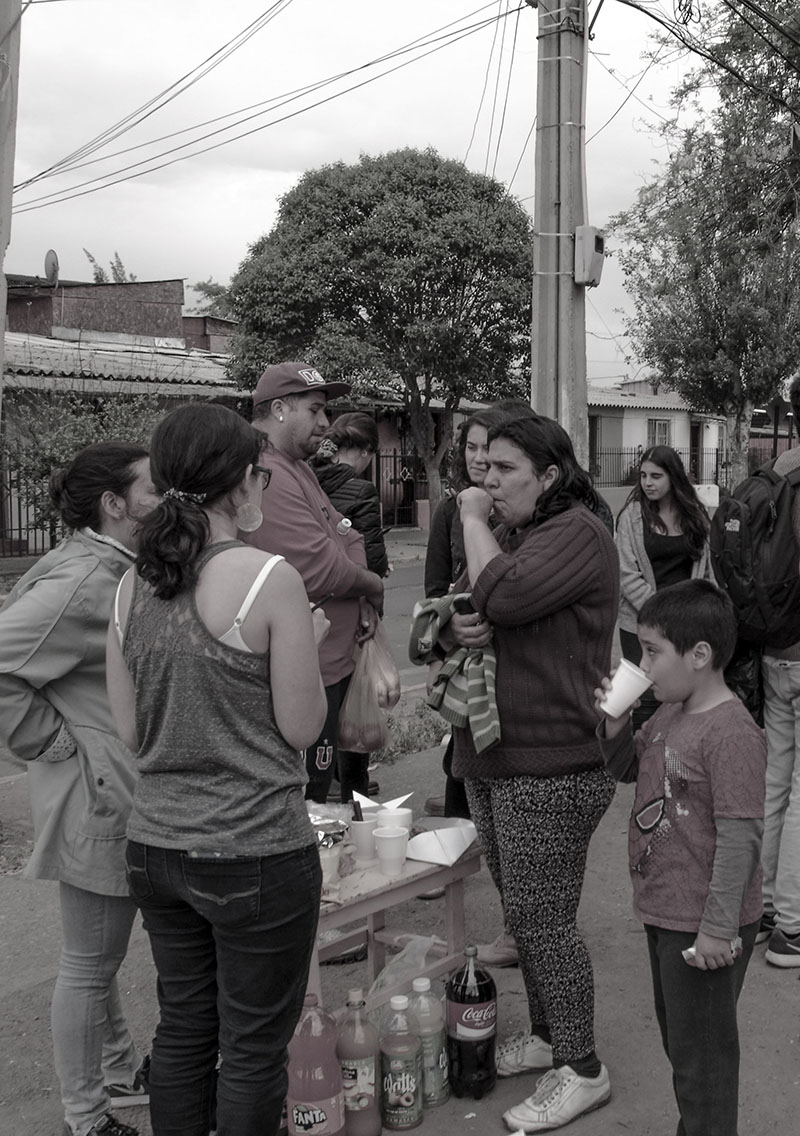The Case Of Santiago De Chile
Downloads
DOI:
https://doi.org/10.7480/rius.5.3991Abstract
Extended- household, as a social phenomenon, depends on the value of relationships of support and dependence among the members of a community. When this collaborative relationship occurs between residents of the same dwelling, it is then understood as a situation of co-residence. In the case of Santiago de Chile, the Extended - household phenomenon has increased by 610%. Data shows that families prefer to sacrifice conditions of habitability, privacy and security to maintain networks of support, location and access to urban goods, rather than migrating to the periphery as homeowners. It is urgent to generate mechanisms that recognize the needs and preferences of those who make up this “chronic” housing deficit, which is shown today as a form of fragile resistance to socio-spatial segregation.
How to Cite
Published
Issue
Section
License
Copyright (c) 2019 Juan Pablo Urrutia, Cristian Robertson, Francisco Walker

This work is licensed under a Creative Commons Attribution 4.0 International License.
References
Araos, C. (2008). La tensión entre conyugalidad y filiación en la génesis empírica del allegamiento. Estudio cualitativo comparado entre familias pobres de Santiago de Chile. (Master), Pontificia Universidad Católica de Chile, Santiago.
Arriagada, C., A.M. Icaza y A. Rodríguez (1999). “Allegamiento, pobreza y políticas públicas”. Temas Sociales (25).
Mercado, O. (1993). “Allegamiento: operacionalización del concepto y característica relevantes”. En Allegados: caracterización y propuesta para una política de vivienda. Santiago: DITEC/MINVU.
Ministerio de Desarrollo Social (2017). Encuesta de Caracterización Socioeconómica Nacional (CASEN) 2017.
Rodríguez, A., & Sugranyes, A. (2004). El problema de vivienda de los “con techo”. EURE (Santiago), 30 (91), 53-65.
Urrutia, J. (2019). Estrategias de co-residencia, tipologías de vivienda informal para familias extensas, Santiago de Chile, Chile: Local Editores.
Urrutia, J., Jiron, P., & Lagos, A. (2016). ¿Allegamiento o Co-residencia? Revista CA. Ciudad y Arquitectura (152).




